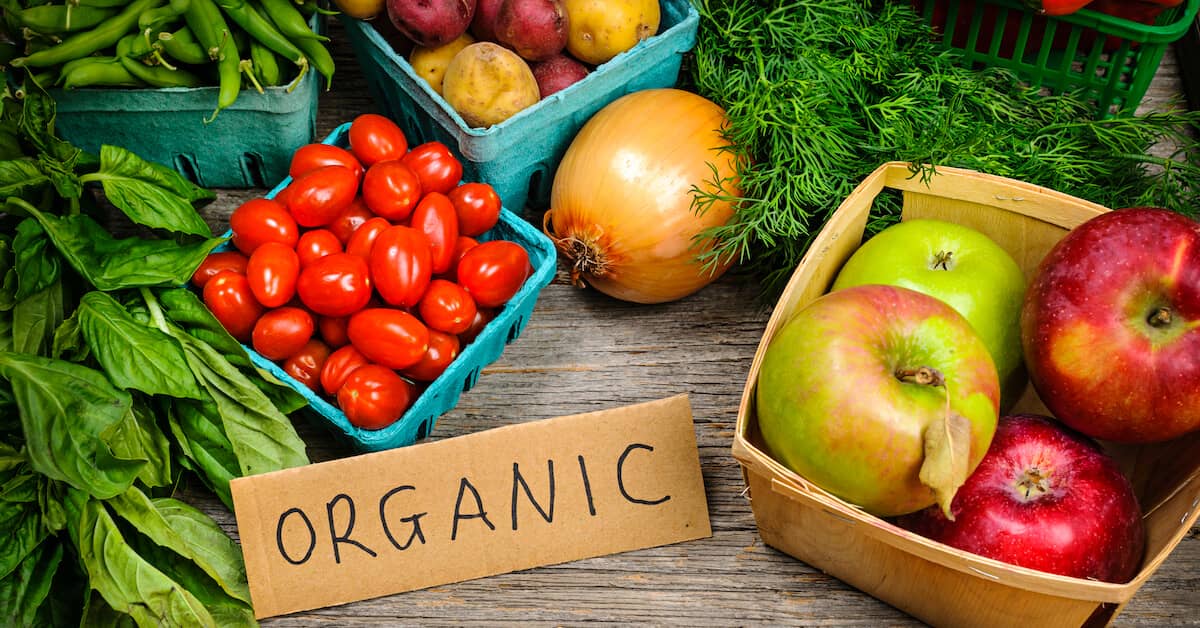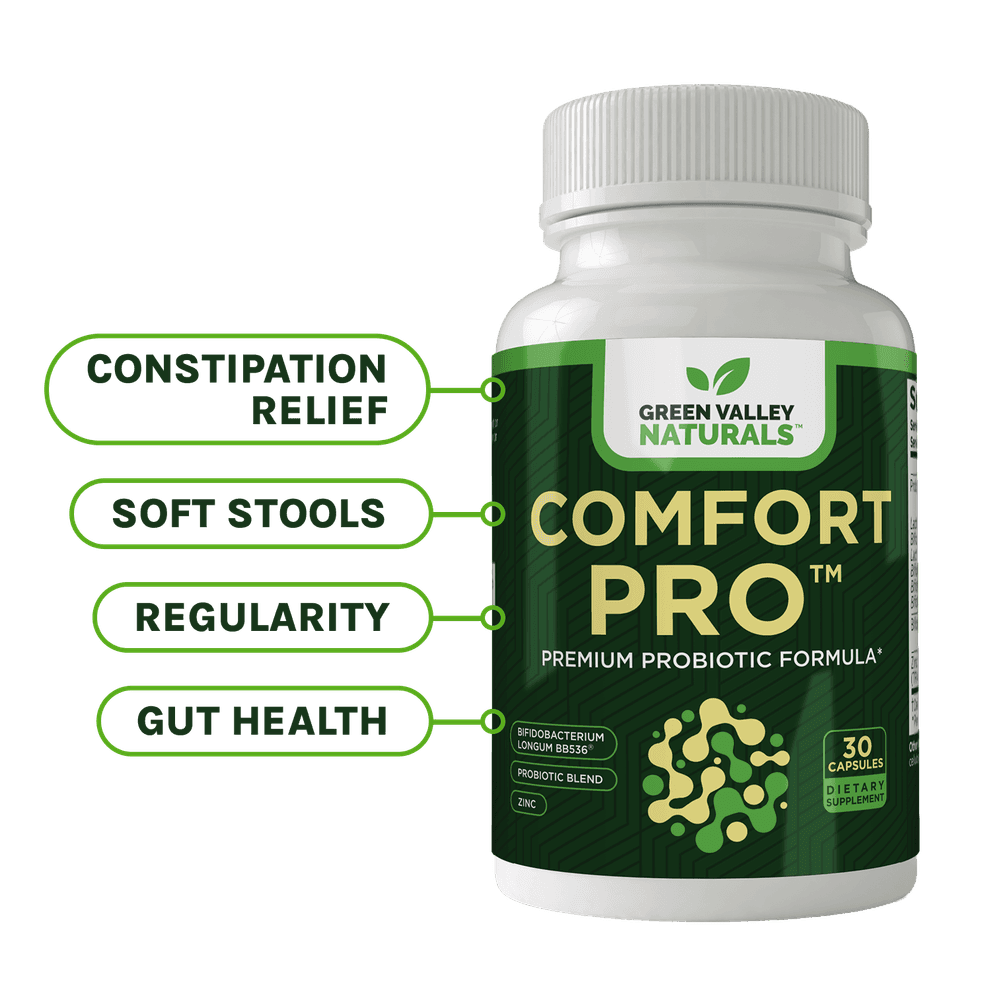
Key Takeaways
Eating Organic Food is Linked With Fewer Health Problems
Organic Food Provides Higher Levels of Nutrients
Australian scientists say that while the “macro” nutrients (protein, fat, and fiber) in organic and conventional foods are equivalent to other nutrients, organic foods possess a significant advantage. For example, organic foods contain more antioxidants, higher levels of omega-3 fats in organic dairy products, and better fatty acid profiles in organic meats. Studies show that people who eat organic foods have higher levels of an impressive list of nutrients essential for health. That includes magnesium, fat-soluble micronutrients (like α-carotene, β-carotene, lutein, and zeaxanthin), and a range of critical fatty acids (linoleic, palmitoleic, γ-linolenic, and docosapentaenoic acids).2 The researchers also explain that one of the most important differences between organic and conventional food is what it doesn’t contain: “Organic foods have been shown to have lower levels of toxic metabolites, including heavy metals such as cadmium, and synthetic fertilizer and pesticide residues.3,4 Consumption of organic foods may also reduce exposure to antibiotic-resistant bacteria.”Coating Apples With Fungicides
Tests show that chemicals added to conventional foods can have serious health consequences. For example, a research team in Canada recently reported that the fungicides used on conventional apples to keep them from spoiling when they are shipped to supermarkets may promote the growth of pathogenic yeasts resistant to multiple drugs.5 This study shows that the fungicides promote the growth of resistant Candida auris, a dangerous yeast that often spreads among patients in hospitals and other health-care settings. The researchers warn that this yeast has become a worldwide menace. Finding the yeast on these treated apples worries the scientists because so little is known about this pathogen. “We still don’t really understand the forces that drive the simultaneous emergence of multiple distinct genetic clusters of C. auris,” warns researcher Jianping Xu, PhD. Another analysis that might give you pause about eating conventional food is a case study of a child who suffered a dramatic anaphylactic allergic reaction to consuming blueberries. In this case, a ten-year-old had trouble breathing after eating blueberry pie. The researchers who investigated what happened concluded that her serious response to the blueberries resulted from her allergy to streptomycin. It turns out that conventional blueberries are frequently treated with streptomycin to keep them fresh.6 After completing their investigation, the Canadian researchers warned that “antibiotic residue in foods is an underrecognized risk.”My Takeaway
Organic food is always your best choice when you have that option. Even though it usually costs more, I think it’s worth it, even if it’s just to avoid the toxins that often contaminate conventional food. And I’m not alone. Over the years, I’ve spoken to and heard from dozens of natural and alternative doctors who stress the importance of eating organic, whole foods that are as close to their natural state as possible. In many cases, these doctors “prescribe” these foods as part of a treatment regimen for everything from digestive problems and migraines to joint pain and cancer. I do not doubt that research will continue to show that, when it comes to better health, eating organic food trumps conventional food every time. For a list of the foods that may contain the highest levels of pesticides and other toxins, look at this guide to the most problematic conventional foods.Summary
Research supports that organic food offers significant health benefits over conventional food, including higher antioxidant levels, better fatty acid profiles, and reduced exposure to harmful substances like pesticides and heavy metals. Organic foods can also lower the risks of conditions such as infertility, allergies, and metabolic syndrome. Additionally, conventional food may contain antibiotic residues and fungicides that pose health risks. Opting for organic food helps avoid these contaminants and promotes better overall health.
Frequently Asked Questions
What is the main difference between organic and conventional food?
Organic food contains fewer toxic residues, such as pesticides and antibiotics, and generally has higher nutrient levels like antioxidants and healthy fats.
Does organic food lower the risk of chronic diseases?
Yes, studies show organic foods can help reduce the risk of conditions like heart disease, metabolic syndrome, and non-Hodgkin’s lymphoma.
Why is conventional food sometimes harmful?
Conventional foods may contain harmful substances, such as pesticide residues and antibiotic residues, which can contribute to health issues.
Are there specific nutrients that are higher in organic foods?
Organic foods tend to contain more omega-3 fats, antioxidants, and other micronutrients important for health.
Can fungicides on conventional foods cause health problems?
Yes, fungicides used on conventional produce may contribute to the growth of drug-resistant pathogens like Candida auris, which pose health risks.

